Healthy Relationship Collection:
AIDE Canada and partners have collaborated to bring you a collection introducing healthy relationships, and what it takes to create them. We discuss everything from setting boundaries and healthy communication to pronouns and gender diversity in a Neurodiverse world.

Gender based violence is a term used to describe violence that happens to people because of their gender, gender identity, gender expression, or perceived gender. Gender based violence can look like some people having more power (control)
over themselves and others because of their gender and use this control to oppress others - take away people's freedom to make their own choices in life

Sometimes it can be hard to know the difference between a public and private space. Autism Nova Scotia has created a toolkit to help.

This toolkit by Autism Nova Scotia explores the many phases of the Menstrual Cycle.

Autism Nova Scotia brings you a toolkit discussing masturbation, the who, what, where and why?

The word media is used to describe the many ways of communicating information to people in society. Examples of media are the internet, websites, TikTok, Instagram, Facebook, Twitter, Snap Chat, podcasts, music, television, the news, movies,
magazines, radio, advertisements, and many more.
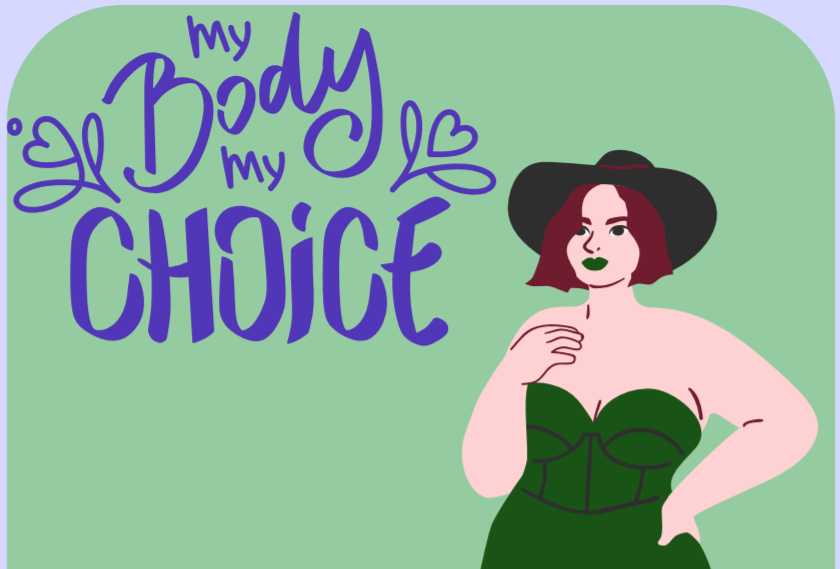
This Infographic reviews sexual consent. Sexual consent happens when people want to be sexually active with each other. Sexual consent is used to communicate to a partner that sex or a type of sexual activity is wanted or not wanted. Consent means everyone understands what they are consenting to without feeling pressured to do something they are not comfortable with.

Many people have different ideas, understanding, definitions and values around what they consider sex. Autism Nova Scotia has created a toolkit to help answer some of those questions.

Sex is meant to be a pleasurable and fun experience for people. However, there are risks involved with taking part in sexual activities, like an unplanned pregnancy and sexually transmitted infections (STI)/sexually transmitted blood borne
infections (STBBI).

Autism Nova Scotia explores "What are Relationships?" in this toolkit

Rejection is when someone says no to another person who asks them to take part in romantic, sexual, or other activities. Romantic/sexual rejection can be when a person does not want to go on a date, does not want to have sex, does not want to do sexual activities, and/or does not want to be a romantic partner. Rejection can happen in romantic relationships, sexual relationships, friendships, and any other type of relationship.

What are Safe Sex Practices? Autism Nova Scotia explores this topic in this toolkit
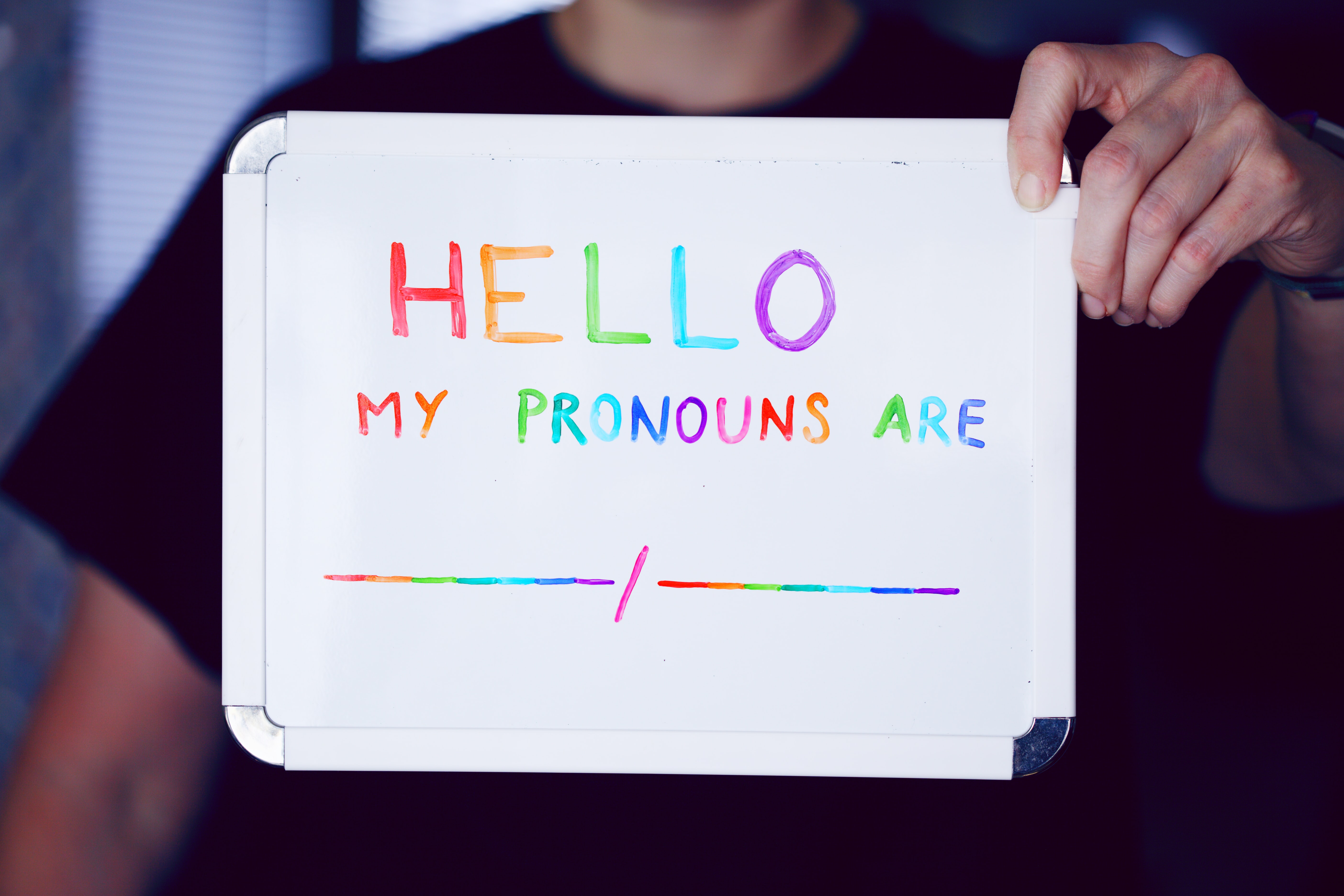
Pronouns such as she/her, he/him and they/them are commonly used as a way for a person to share their gender identity
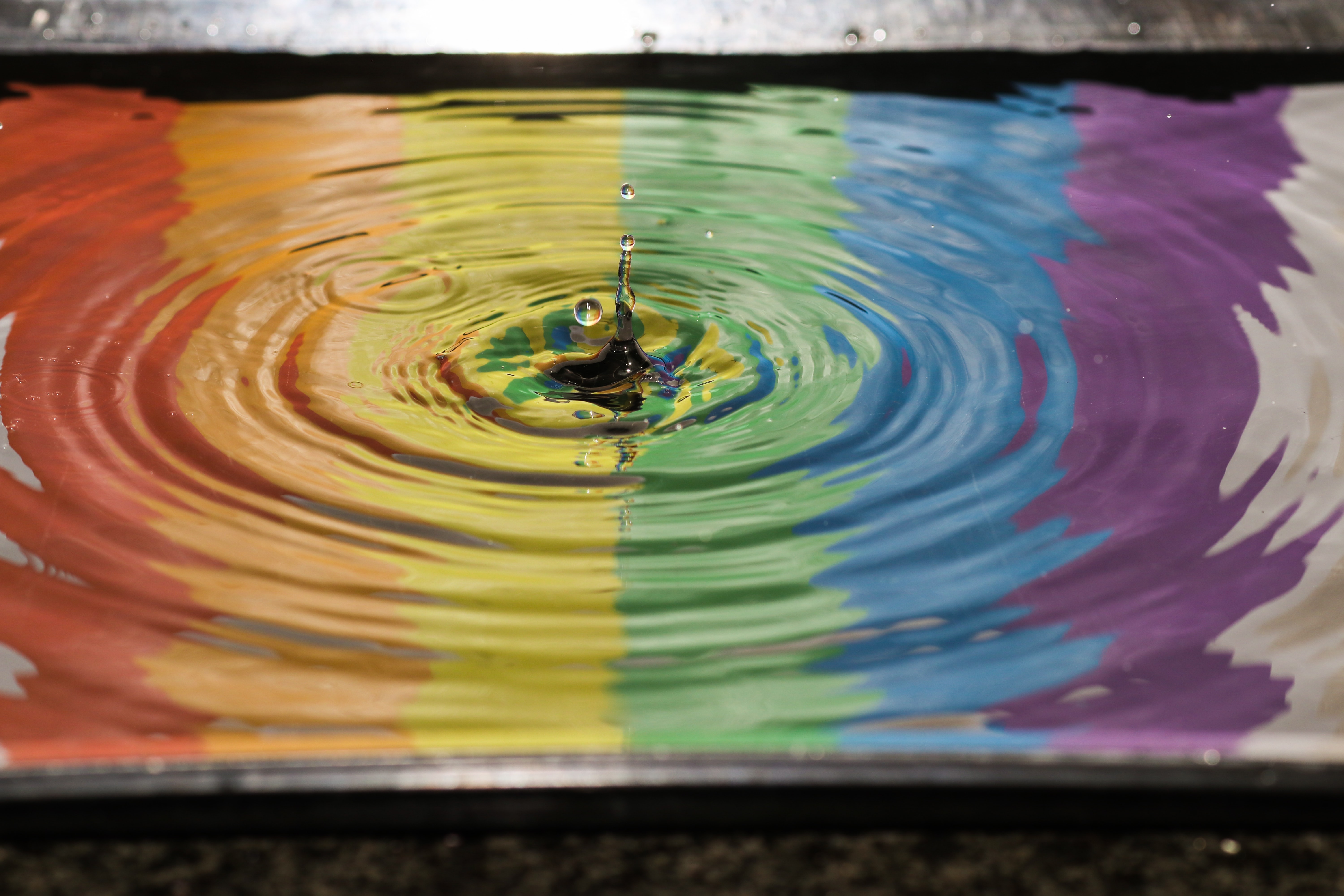
Autism Nova Scotia has created a toolkit to explore the differences between Sexuality and Gender Identity
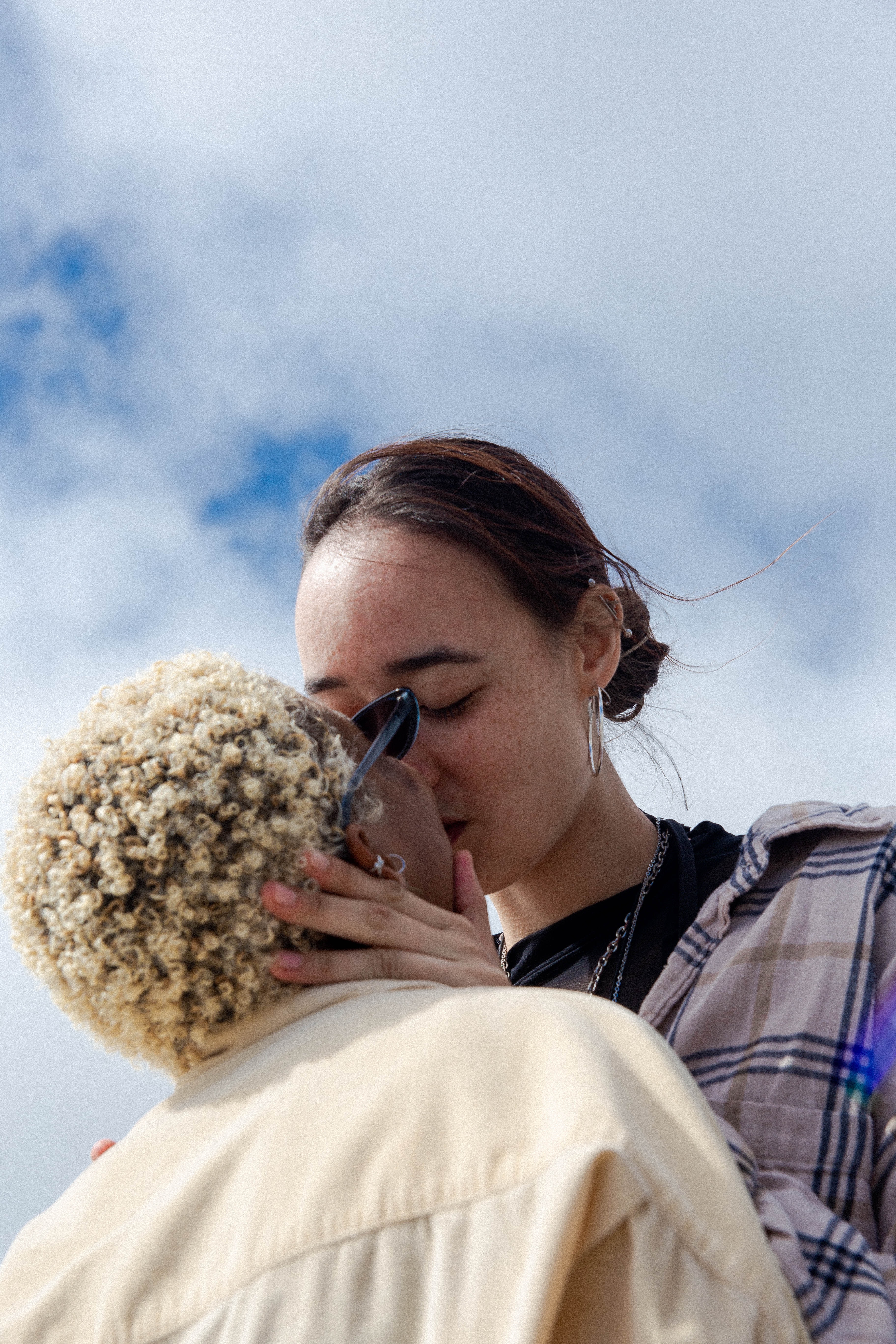
Autism Nova Scotia discusses in this toolkit - What is the difference between a date and dating?

Sex is meant to be a pleasurable and fun experience for people. However, there are risks involved with taking part in sexual activities, like an unplanned pregnancy and sexually transmitted infections (STI) /sexually transmitted blood borne infections (STBBI).
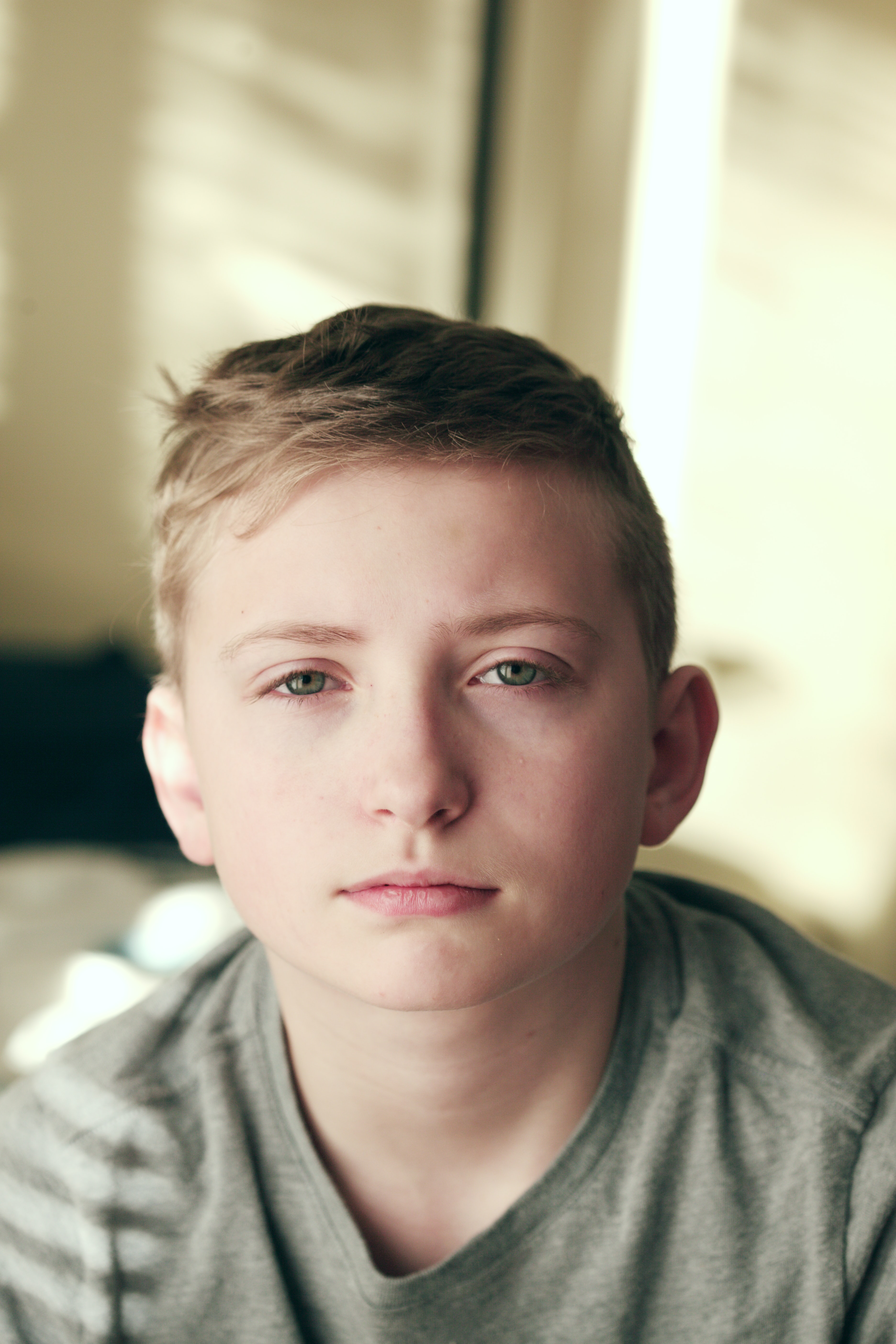
This easy-to-read resource talks about puberty and the changes that a person's body will go through as they become an adult. It is the first in a series on Healthy Relationships, sexuality and autism.
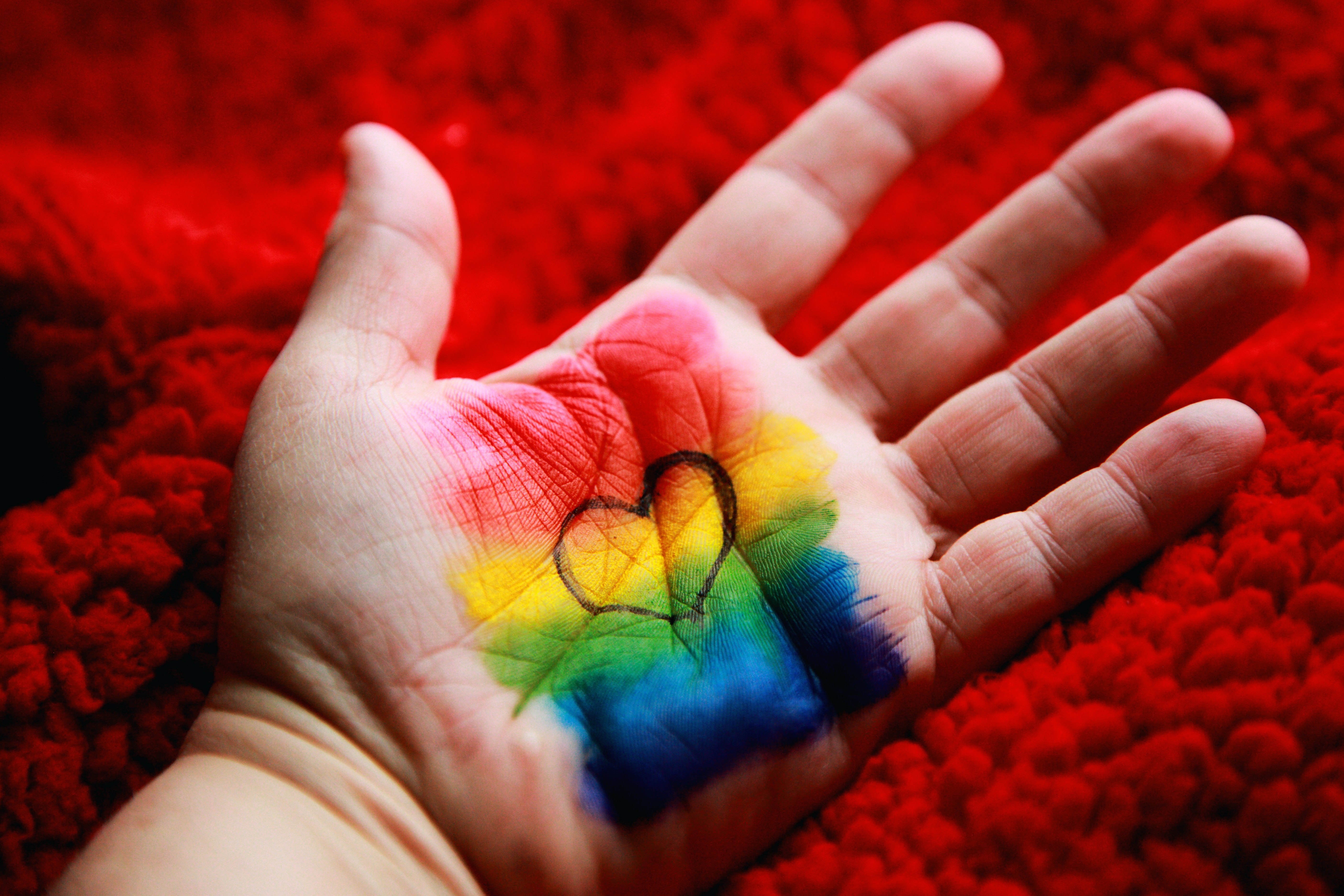
This toolkit addresses LGBTQ2S+ awareness, visibility, and dialogue for individuals with neurodiversity and for their caregivers and families. Gender Identity, sexual freedom, and the rights of neurodiverse people are important for growing
and thriving. All people have the right to self-determination, meaning, in this case, the right to engage in mutual relationships that are consensual and respectful and, importantly, the right to be informed about our bodies.

This study examined issues of sexuality, including experiences and interests among adults. The researchers compared a group of adults on the autism spectrum with adults in the general population.
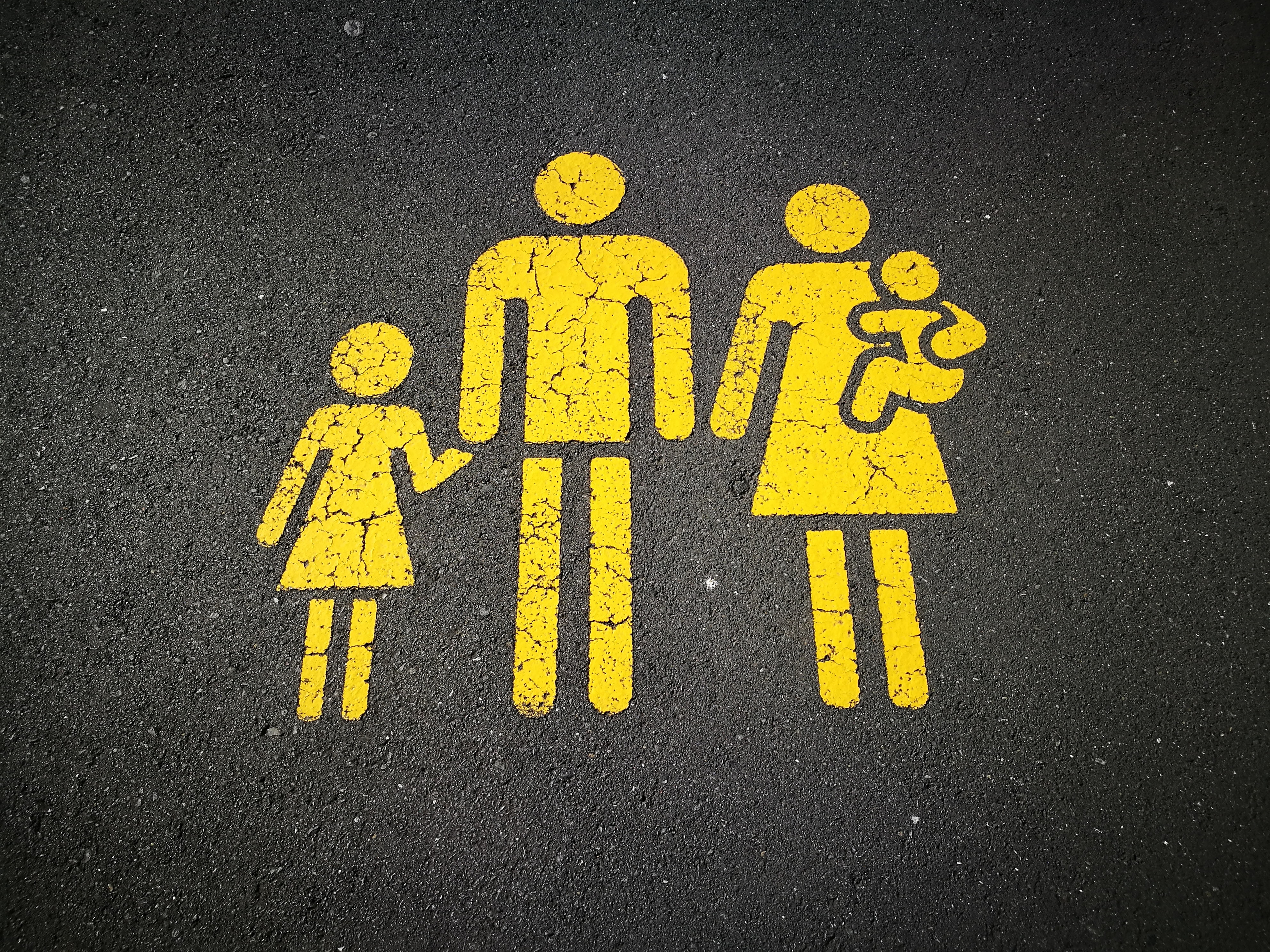
This article summarizes a study where a survey was administered to adults with autism and those without autism. The survey examined topics of sexual knowledge, from where sexual information had come, and experiences of sexual victimization. Differences between groups were found. In contrast to adults without autism, a greater proportion of those with autism had been victimized.
.jpg?sfvrsn=f86520cd_3)
This Toolkit offers information that may be useful for teens. It addresses topics related to one’s physical development and health. Specific sections are titled: What is Puberty? My Body, Sexual Health and Romantic Relationships; Personal Hygiene; Medication Management; Nutrition; Fitness; Fun; and Managing My Behavior and Relationships. The Toolkit was written by Laura Beaune. Ms. Beaune is a social worker who has worked extensively with youth.

The Healthy Relationships, Sexuality and Autism (HRSA) supports teens and adults (19 years and up) with autism through introducing concepts of sexuality and social skills through interactive, sex-positive, inclusive sexuality education lessons.

The Healthy Relationships, Sexuality and Autism (HRSA) supports teens and adults (19 years and up) with autism through further discussing the concepts of sexuality and social skills through interactive, sex-positive, inclusive sexuality education lessons


